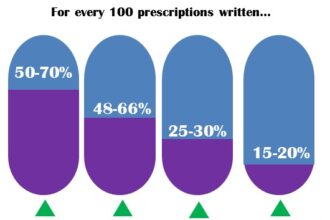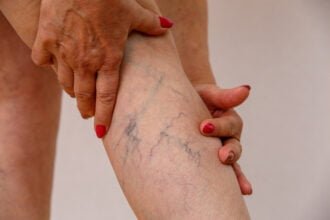When medicine visionary Eric Topol spoke at Baylor College of Medicine in 2012, a faculty member asked him, “What will be the most important quality of a physician in the digital age?” Topol promptly responded, “Flexibility.”
Medicine, technology, and communications are advancing almost faster than our ability to learn about them. Progress is happening beyond the rate of any institution’s ability to make rules. When we think we have the professionalism and ethical issues figured out, a new tool appears that operationally challenges the foundation of how doctors work and interact with patients. Our institutional processes for figuring these things out are based on analog workflows moving at the speed of committees, task forces, and peer review.
Topol was spot-on. As individuals in changing times, we must be flexible. Flexibility in time should also come with flexibility of services. Nowadays we all wish to consult a specialized doctor, someone who has had experience in the issue we are dealing with. This is why you need services like ArabiaMD, where you will find your specialized doctor, and get your appointment within your availability of time.
The way we see our place in the world has to change. Where we’re going may not be what you signed up for. The sooner we get over that, the sooner we can be can find our new place and begin to fashion the solutions necessary for progress. We can fashion those solutions, or we can sit back and let someone else do it.
We’re on our own. As physicians, we will need to figure things out as we go. We have to be open to entirely new ways of doing things. We must be nimble to adapt to the changes happening around us. The medical leaders of this generation will be those on the fringe with the vision, versatility, and flexibility to see how medicine can be better with the tools that are emerging. We must be open to new places where leadership and change may emerge.
We’ve got to teach ourselves. Because we’re on our own, we need to teach ourselves. Medical school curricula and CME won’t be able to keep up.
We might learn from the maker movement and the hackers. How can we take what’s here and fashion a solution? How can current technology be re-tooled or adapted to improve patient care or doctor-to-doctor communication? Most flexible thinking and disruption in medicine will come from the private sector. Smart doctors will have the ability to see what’s possible and drive the application of this technology in our world for our patients.
In many ways, flexibility is the antithesis of the physician. Rigor, order, process, and protocol represented the rigid framework of our profession. It may also be its downfall if we fail to adapt, change, and grow.
(How flexible are you? / shutterstock)







[1].gif)
